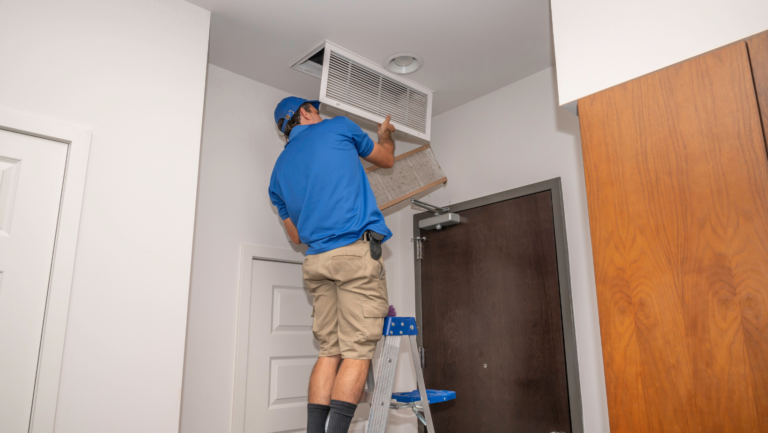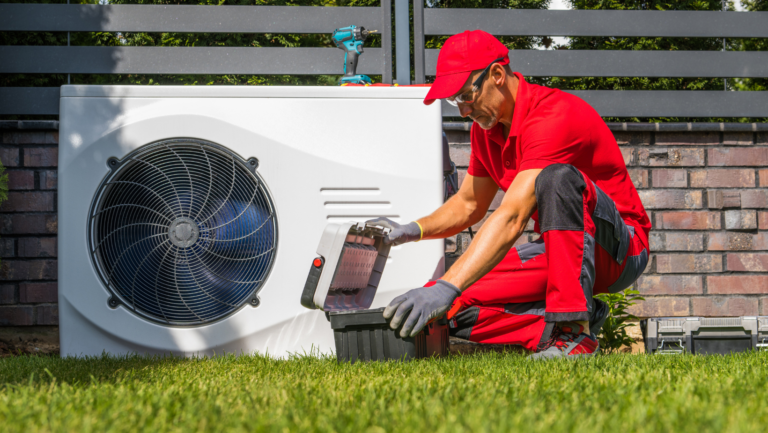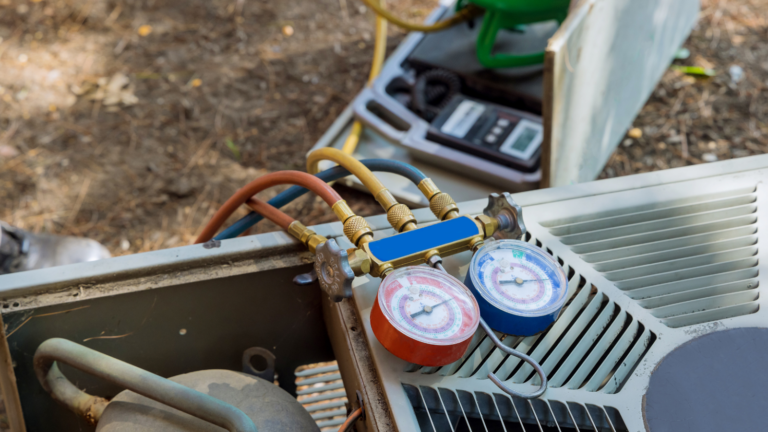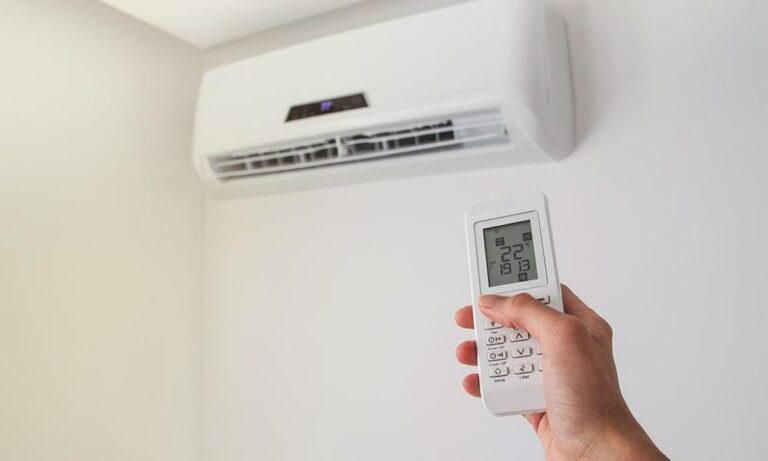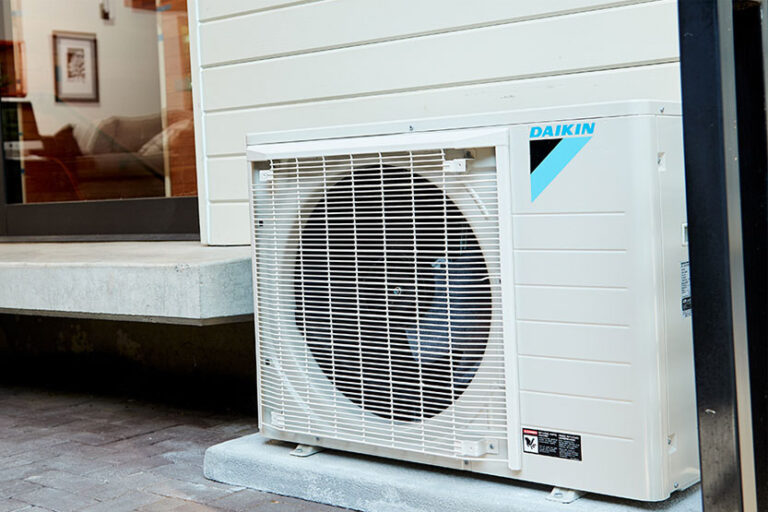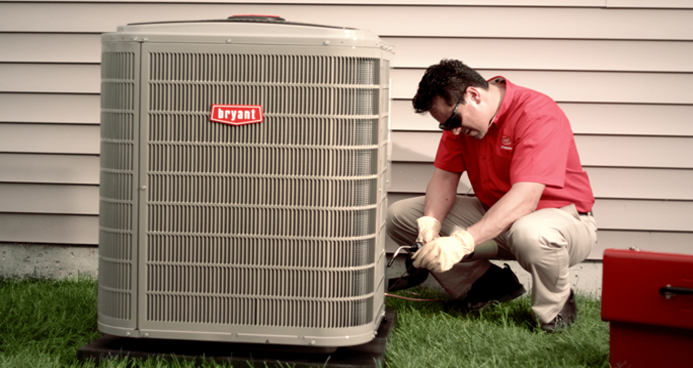Does Home Insurance Cover HVAC Repair?
HVAC is a term that has become almost synonymous with comfort in our homes. These systems regulate the temperature and air quality in our living spaces, providing us with a cozy haven regardless of the harsh weather conditions. They’re the unsung heroes that keep us warm through those biting winter nights and cool during the relentless summer days. However, like all machines, HVAC systems aren’t immune to wear and tear and can run into issues requiring repairs.
The role that HVAC systems play in our homes is undeniably crucial. They do more than just heating or cooling; they also ensure good air quality by filtering pollutants and managing humidity levels. But what happens when common HVAC issues arise, such as leaks, thermostat problems, or general mechanical wear and tear? Can you turn to your home insurance policy for coverage on HVAC repairs? In this blog, we aim to shed light on this topic, offering you a comprehensive understanding of whether or not home insurance covers HVAC repair.
Understanding Home Insurance Coverage
Home insurance is a crucial aspect of homeownership. It protects against damages or losses to your house and its items. This coverage acts as a financial safety net in the face of unexpected incidents. However, it’s vital to remember that not all potential damages are covered under a standard home insurance policy. The specifics of what is and isn’t covered can significantly vary from one policy to another.
On the other hand, covered perils refer to specific risks or events that a home insurance policy protects against. Typically, these include fire, theft, vandalism, and weather-related damages. If your home or belongings suffer damage due to these covered perils, your insurance policy should help cover repair or replacement costs. However, it’s essential to understand that not all potential damages are covered. Knowing these exclusions can save you from unexpected out-of-pocket expenses.
The Relationship Between Home Insurance and HVAC Repair
The relationship between home insurance and HVAC repair can be complex. If your HVAC system incurs damage due to a covered peril, your insurance policy should help cover the repair or replacement costs. However, the extent of this coverage can significantly vary based on your specific policy. Thus, it’s advisable to understand your policy’s terms and conditions thoroughly.
In terms of instances where HVAC coverage might apply, these include accidental damage, natural disasters, or fire and smoke damage. For example, your insurance policy may cover the costs if a falling tree damages your HVAC system during a storm. Similarly, if a fire causes damage to your HVAC system, your insurance policy could also cover the repair or replacement costs. However, the specifics of these coverages can vary from policy to policy.
Mutual Exclusivity of Coverage
The scope of HVAC coverage under a home insurance policy is specific. While certain situations are covered, many others aren’t. Understanding these boundaries is vital to avoid surprises when filing a claim. It’s always best to know what your policy covers and what it doesn’t.
Exclusions to HVAC coverage often include situations such as lack of maintenance or pre-existing conditions. If your HVAC system fails due to lack of maintenance, your home insurance policy is unlikely to cover the repair costs. Similarly, if your HVAC system had pre-existing issues before the coverage period, any repairs resulting from these conditions would likely not be covered.
Home Insurance Riders for HVAC Systems
While standard home insurance policies may have limitations regarding HVAC repair, additional coverage options are available. These come in the form of riders or endorsements that can be added to your policy for an extra fee. Adding these allows you to expand your coverage to include specific situations or items not covered under your standard policy.
Before deciding to add any riders to your policy, conducting a cost-benefit analysis is crucial. While these additional coverages can provide peace of mind, they also increase your premium. Weighing the benefits against the costs will help you determine if adding a rider is worthwhile.
Factors Influencing HVAC Repair Coverage
Several factors can influence whether your home insurance will cover HVAC repairs. One key factor is the age of your HVAC system; older systems are more likely to encounter issues not covered by insurance. The type of home insurance policy you have can also impact coverage, as different policies offer different levels of protection.
Another important factor is your maintenance records. Regular maintenance can help prevent many common HVAC issues, and documented proof of this maintenance can demonstrate to your insurer that you’ve taken care of your system. It could influence their decision when assessing a claim related to HVAC repair.
Steps to Take in Case of HVAC Damage
Experiencing HVAC damage can be a stressful situation. Knowing the steps to ensure a smoother process with your home insurance claim is crucial. Here’s a simple guide to help you navigate through it.
Reporting the Incident to Insurance
Start by promptly reporting the damage to your insurance company. Provide all the details about the incident, including how and when the damage occurred. Prompt reporting is crucial as it affects the success of your claim.
Documenting the Damage
Next, thoroughly document all the damage. Use photos or videos to capture the extent of the damage, and jot down all relevant details. This documentation serves as necessary evidence for your claim.
Obtaining Professional Estimates
Lastly, obtain professional estimates for the repair or replacement costs. Reach out to local HVAC professionals for detailed quotes. These quotes will help your insurance company gauge the compensation needed.
Alternatives to Home Insurance for HVAC Repair
There are alternatives if your home insurance doesn’t cover HVAC repairs or if you’re looking for more comprehensive coverage. One such alternative is a home warranty, which covers repairs and replacements of major home systems and appliances. It can be a good option for those looking for broader protection.
Another alternative is an HVAC service contract. These contracts, offered by HVAC companies, include regular maintenance and repairs for your HVAC system for a set fee. While this can be an added expense, it can also provide peace of mind, knowing that your HVAC system is regularly maintained and any issues will be promptly addressed.
Conclusion
Whether home insurance covers HVAC repair depends on several factors. The specifics of your policy, the cause of the damage, and the condition and age of your HVAC system all play a role. Understanding your policy’s terms and conditions is essential, as this will help you know what is covered and what isn’t. Additionally, maintaining your HVAC system can extend its lifespan and ensure you’re in a better position if you need to file a claim.
Navigating the ins and outs of home insurance coverage for HVAC repair might seem complex, but being informed makes the process easier. If your home insurance does not provide sufficient coverage for HVAC repairs, consider alternatives like home warranties or HVAC service contracts. Remember, the goal is to protect you against unforeseen expenses. So, take the time to review your options and choose the one that best suits your needs.


